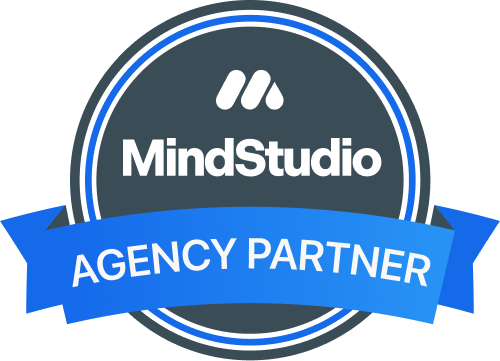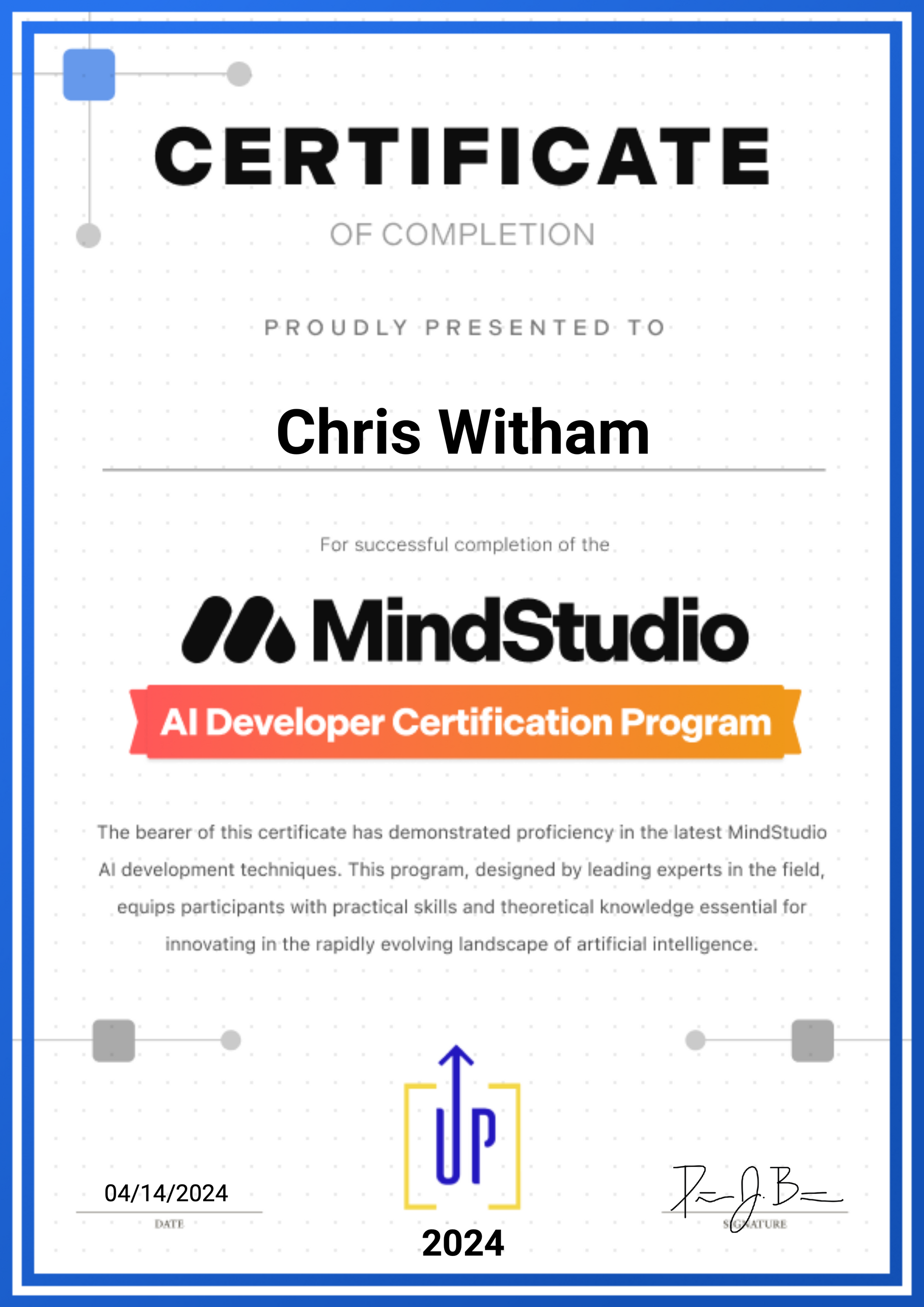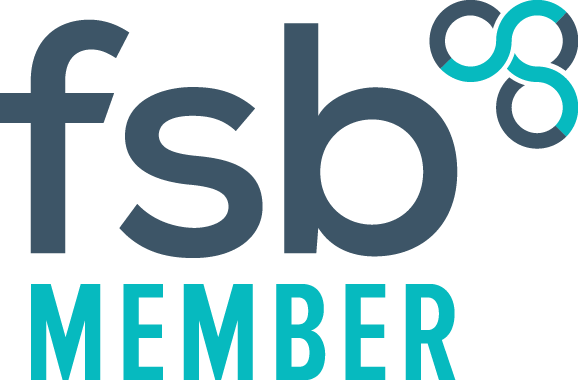Have questions? Contact Chris today for a chat about how we can help you
AI for Breakfast
Post 125 - AI applications in architecture: enhancing business operations
Artificial intelligence (AI) is making waves across various industries, and architecture is no exception. For architects, integrating AI into their business processes can lead to significant improvements in efficiency, creativity, and client satisfaction. In this blog post, we’ll explore several ways AI can be incorporated into an architect's business operations and the potential benefits it brings.
1. Automating Design Processes
One of the most promising applications of AI in architecture is the automation of design processes. AI-powered software can generate initial design concepts based on specific criteria and parameters set by the architect. This allows architects to quickly explore a range of design options without spending countless hours on manual drafting.
- Concept generation: AI can produce multiple design alternatives rapidly, providing a solid foundation for further development.
- Optimisation: AI algorithms can optimise designs for various factors, such as energy efficiency, structural integrity, and aesthetic appeal.
- Customisation: By analysing client preferences and past projects, AI can suggest customised design elements that align with the client's vision.
2. Enhancing Project Management
Project management is a critical aspect of architecture that can greatly benefit from AI. AI tools can help architects manage their projects more efficiently by automating routine tasks and providing valuable insights.
- Scheduling: AI can create and manage project schedules, ensuring that tasks are completed on time and resources are allocated efficiently.
- Budgeting: AI-powered tools can track expenses in real time, forecast costs, and help architects stay within budget.
- Risk management: AI can identify potential risks and suggest mitigation strategies, reducing the likelihood of project delays and cost overruns.
3. Improving Client Communication
Effective communication with clients is essential for the success of any architectural project. AI can facilitate better communication by providing tools that make it easier to share information and gather feedback.
- Virtual reality (VR): AI-powered VR tools can create immersive, 3D visualisations of designs, allowing clients to experience and understand the proposed spaces better.
- Chatbots: AI chatbots can handle routine client inquiries, provide updates, and schedule meetings, freeing up architects to focus on more complex tasks.
- Data analysis: AI can analyse client feedback and preferences, helping architects tailor their designs to better meet client needs.
4. Streamlining Administrative Tasks
Architects often juggle numerous administrative tasks that can take up valuable time. AI can help streamline these tasks, allowing architects to focus on their core responsibilities.
- Document management: AI can organise and manage documents, ensuring that important information is easily accessible and up-to-date.
- Email filtering: AI can filter and prioritise emails, highlighting urgent messages and reducing the time spent on email management.
- Billing and invoicing: AI-powered tools can automate billing and invoicing processes, reducing errors and ensuring timely payments.
5. Enhancing Sustainability
Sustainability is a growing concern in architecture, and AI can play a significant role in promoting environmentally friendly practices.
- Energy modelling: AI can simulate and analyse energy consumption in building designs, helping architects create more energy-efficient structures.
- Material selection: AI can recommend sustainable building materials based on factors like environmental impact, cost, and availability.
- Waste reduction: AI can optimise construction processes to minimise waste, contributing to more sustainable building practices.
In conclusion, incorporating AI into an architect's business processes can lead to numerous benefits, from improved design capabilities and project management to enhanced client communication and sustainability. By embracing AI, architects can stay competitive in a rapidly evolving industry and deliver better outcomes for their clients.
LucidSynergy Ltd.,
7 Forbes Business Centre
Kempson Way
Bury St Edmunds
Suffolk
IP32 7AR
Occasional Newsletters
We will get back to you as soon as possible
Please try again later
© 2025 LucidSynergy Ltd. Registered in England and Wales No.7080913.








